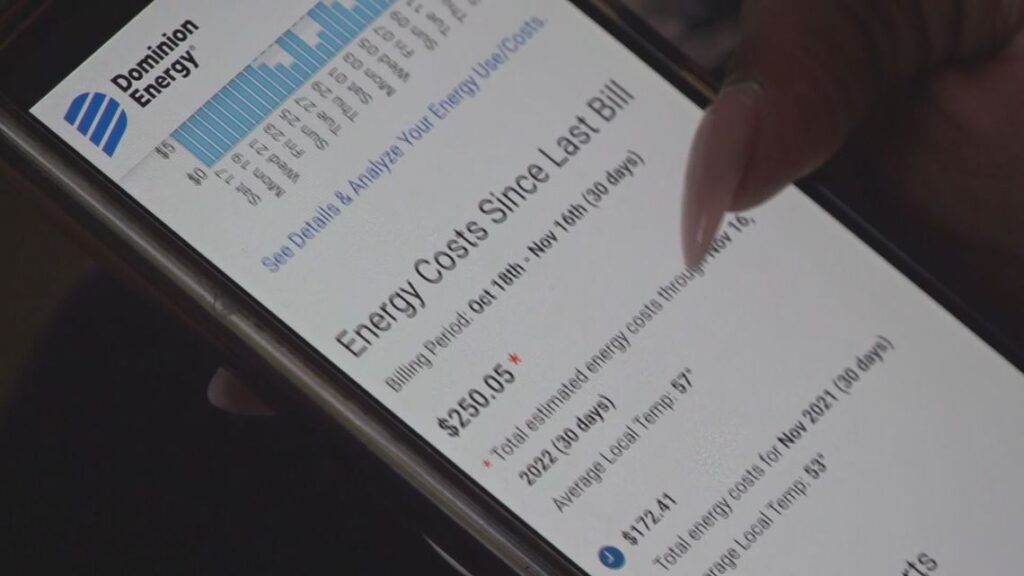Governor McMaster signs energy bill allowing South Carolina utilities to pursue annual rate hikes.
COLUMBIA, S.C. — Gov. Henry McMaster has signed a wide-ranging energy bill that changes how power companies in South Carolina can raise rates, potentially affecting how often customers see increases on their utility bills.
The legislation, aimed at addressing the state’s growing energy demands, allows the state’s utilities like Dominion Energy and Santee Cooper to pursue expedited annual rate increases in addition to the standard multiyear rate case process.
That means on top of the already in-place process for getting a rate increase, there would be an annual opportunity to apply for a rate increase.
“Now, if there is an increase, it happens incrementally over each year, instead of there being a huge jump every five or so years,” said Rep. Gil Gatch, R-Dorchester.
Currently, utilities must go to the Public Service Commission every few years to request a rate hike, a process Gatch said is expensive and slow.
He says the cost to go through the rate case can add up, and that cost will be passed onto the ratepayers.
“The current process takes about five years, maybe longer, and that costs ratepayers about $7 million in legal fees, expert fees and so on,” he said.
He added the new system could also speed up refunds if utilities overcharge customers.
“If there is an error and let’s say the utilities get more money than they should—they have to pay it back. Well, you’re not waiting five years or longer to get your refund,” Gatch said.
There is not a cap in the current bill on how much a utility could request for an annual increase. Critics argue the change could reduce oversight and put more costs on customers.
“These are very expedited or many rate cases, which will lead to less oversight and scrutiny of these costs,” said John Brooker with Conservation Voters of South Carolina.
Brooker said the bill also requires customers to start paying interest on new power plants while they’re still under construction. The energy bill paves the way for a a joint-partnership between Dominion and Santee Cooper for the transformation of a retired coal plant on the Edisto River into a gas plant.
It’s drawn comparisons to the Base Load Review Act, which allowed utilities to charge ratepayers up-front for the cost to finance the construction of two additional nuclear reactors at VC Summer. The project was abandoned and never generated any energy, but many Dominion customers still pay the bill.
“It also requires customers to pay the interest on new power plants as they’re being built, so customers will pay for new power plants that are under construction,” Brooker said. “Right now, the commission has the authority to allow that in certain cases, but this makes that automatic, so that we’re automatically paying for power plants that are under construction.”
Brooker said that while the increases might be smaller year-to-year, the impact could still be significant.
“You won’t have splashy headlines of 20% bill increases, but you might have three or four or 5% a year increases, which over, you know, four or five years adds up significantly,” he said.
Under the new law, annual rate increases would be finalized by the end of each year.


